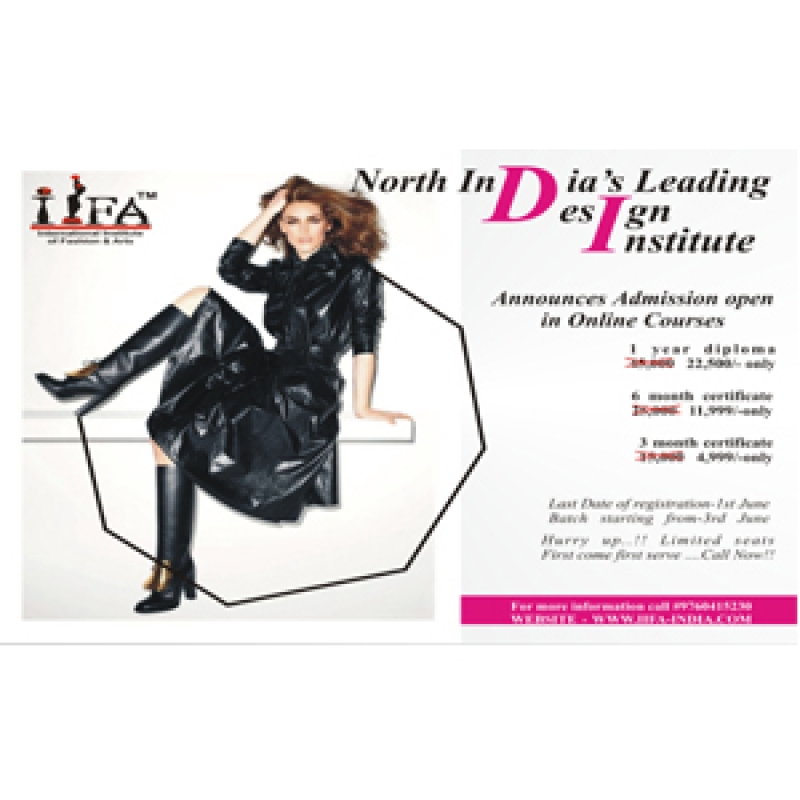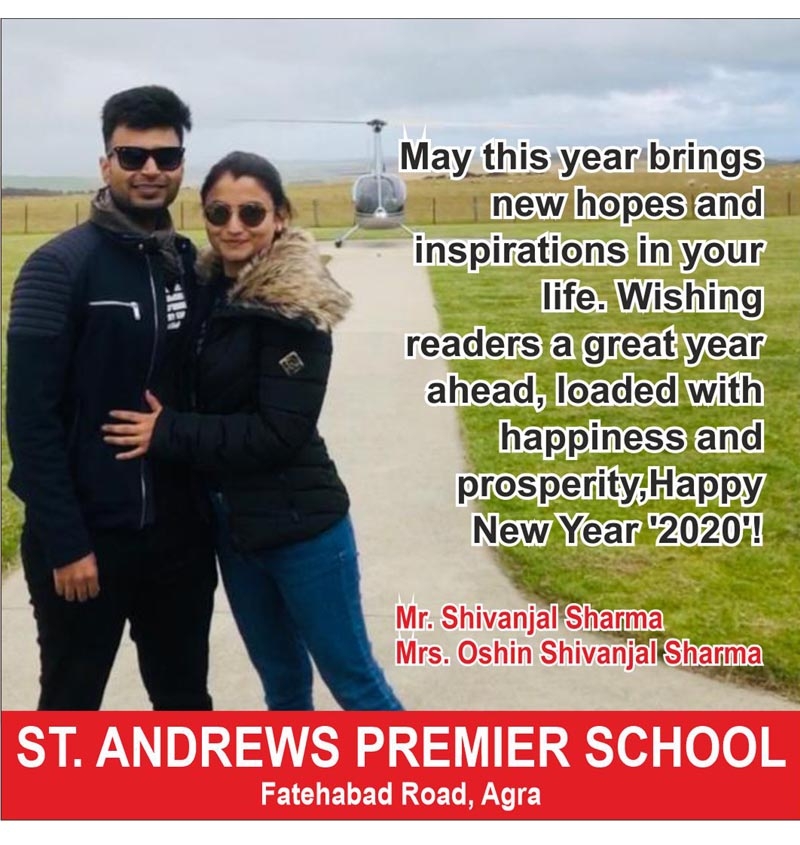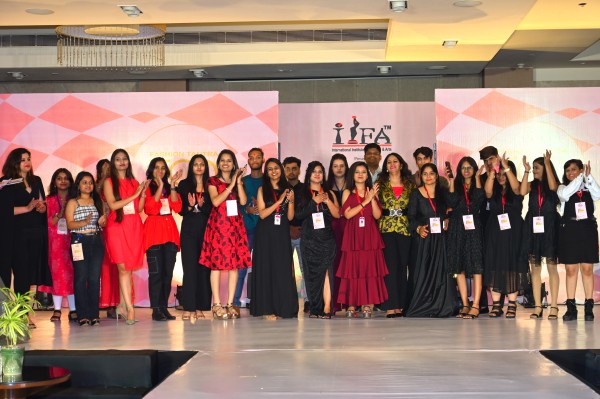The Met Gala is not just a battle for representation, it is the global cultural confluence that crowns the new monarchs of celebrityhood. It is not just about a tokenism for inclusivity and diversity — Black, white and all shades in between — but as actors Priyanka Chopra and Alia Bhatt showed, it is about forcing you to sit up and take notes, not just look through them for the next costume in a ball. It is not about wetting feet and testing waters anymore, it is about landing and staking a rightful claim for the South Asian people, who make 20 per cent of the world’s population. Perhaps Chopra’s line from her OTT hit show Citadel —- “Do I look like a woman who would work for the minor league?” — summarises how our actor-icons are not willing to settle for anything less. Or be appropriated by what the West thinks they should be. Having suffered enough of cultural invasion, both Priyanka and Alia are taking the genre of Western spy thrillers by the horns, becoming action heroes themselves. Being a woman is just incidental.
Priyanka Chopra, who has had trailblazing outings at the gala — which this time was a tribute to fashion designer Karl Lagerfeld — was classic chic with her thigh-high slit and an off shoulder black gown by Valentino. For the first time, she wasn’t over-the-top, experimental or trying to announce her entry; she seamlessly glided in. At the other end was Met debutante Alia Bhatt, in a pearl-encrusted white gown with a billowing silhouette and a Lagerfeld-inspired white glove. Traipsing in with designer Prabal Gurung, she not only looked self-assured and elegant, she turned heads without being a screamer.
Refreshingly, the two actors, with businesswoman Isha Ambani Piramal in a pearl-encrusted black sari gown, have redefined the image of what the Brown girl is. Certainly not the one to be confined in a ring, or a cross between the Black and White. In a world of images, they are rewriting their story, creating new standards of beauty and benchmarking new geographies, being wholly Indian and not just of Indian origin. The most populous country in the world deserves that right.
Of course, many would claim that democracy hardly matters in a high-brow event, where marking a presence means establishing your relevance, and whose tickets are bought by brands, businesses, film studios, fashion houses and lobbyists. But whoever invested in either Priyanka or Alia knows that they are marquee assets. They have been big revenue churners of the film industry and their brands. We may like to claim Priyanka Chopra as the desi girl of Bollywood going on Hollywood, but she is probably living her best Miss World moment now. As the feisty identity-shifting protagonist and spy-hero of Citadel, she is every woman who can stand up to every man and dazzle all with her sassy brilliance. With her newly adopted marital home in the US, celebrating Diwali and Holi with the same free-spiritedness of a Christmas and Easter, sharing spices in the kitchen and dancing to Bollywood beats, Chopra has been uninhibited about her multi-cultural symbolism. And since she has done it with consistent ease, documenting it on social media, she has converted the awkwardness of the minority into the confidence of a mainstream statement.
Alia Bhatt, who has wrapped up all awards for her acting chops at home, may melt Hollywood’s Heart of Stone enough to show that can chew up a meaty role with a bite-sized ease.
Perhaps, this may not be the fairest bit of representation yet but has set off a juggernaut bent on changing the contours of Americanism to include the soon-to-be most populous country in the world. In 2017, South Asia at the Met Gala was all about a picture tweeted by British-Pakistani actor Riz Ahmed, where he stood with comedians Mindy Kaling, Aziz Ansari and Hasan Minhaj. Subsequently, we know how Kaling and Ansari, both first-generation Indian-Americans, got two major TV shows – ‘The Mindy Project’ and ‘Master of None’ – respectively with Kaling starring in many films. Of course, there were actor Dev Patel, jazz musician Vijay Iyer and singer Zayn Malik, who never underplayed their south Asian identity but managed to get out of the box. In fact, Patel had to play South Asian characters before he received a Golden Globe nomination for Best Actor in 2021 for an adaptation of Charles Dickens’ The Personal History of David Copperfield. Social media platforms like youtube have been starmakers for Canadian Indian artistes like Lilly Singh, who are challenging cultural biases through humour. Now there are the likes of Maitreyi Ramakrishnan, Avantika Vandanapu, and ‘Bridgerton’ star Simone Ashley, who are demanding front row allegiance with rounded storylines and the fullness of human emotions regardless of where you come from. The origin is just an added layer of vibrancy, not the defining aspect.
However, Priyanka Chopra, who played an FBI agent in the ABC series Quantico, and made neat appearances in Hollywood films thereafter, chose to be mainstream from the word go. As Alexandra Parrish and now Nadia Sinh, she has shown her name-defying looks can have takers in both the East and West. At a pre-Oscar party of South Asian actors, which she had hosted to unite those who were “demanding representation when no one was giving into them,” she had said their moment was not too far. For both Priyanka and Alia, this was their moment.



















Your Message